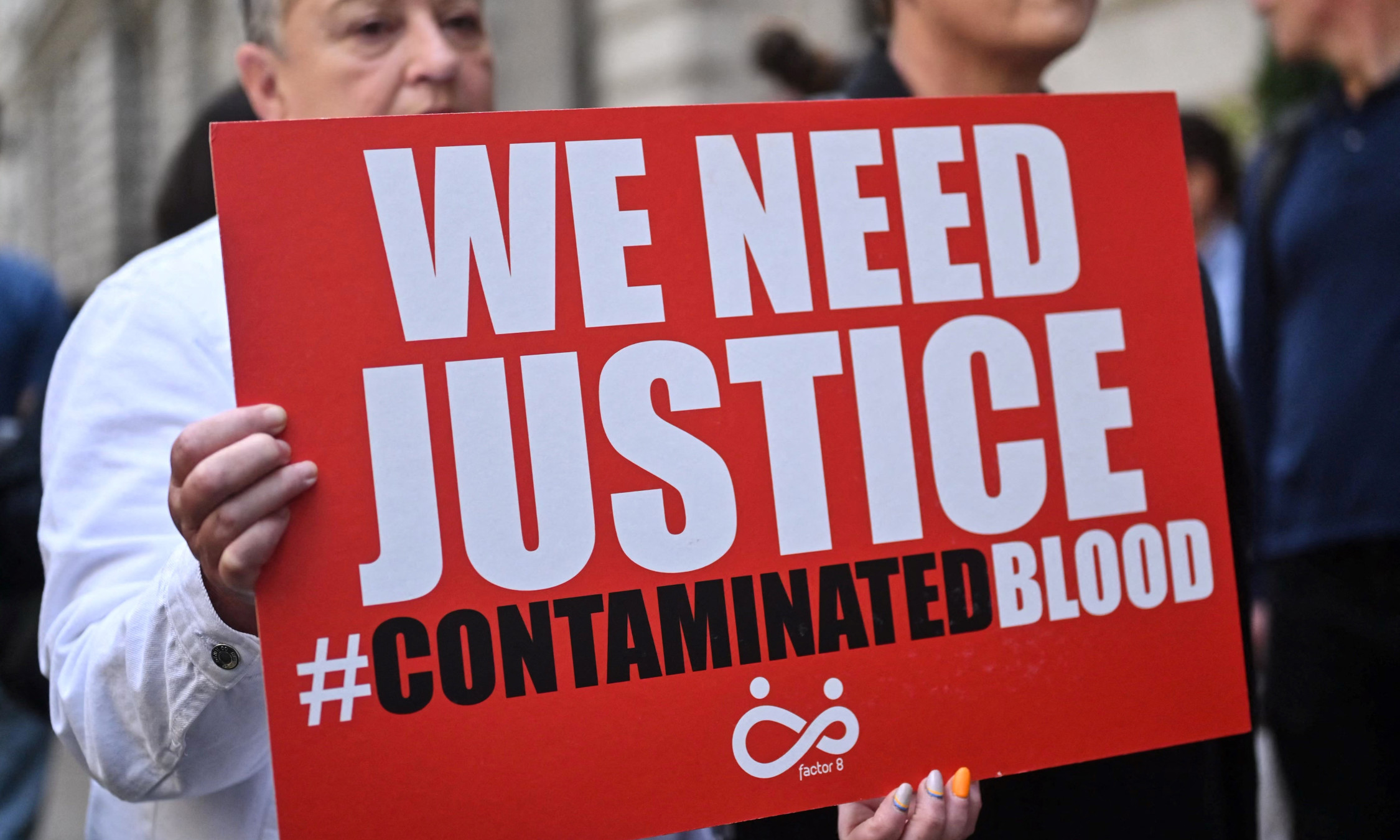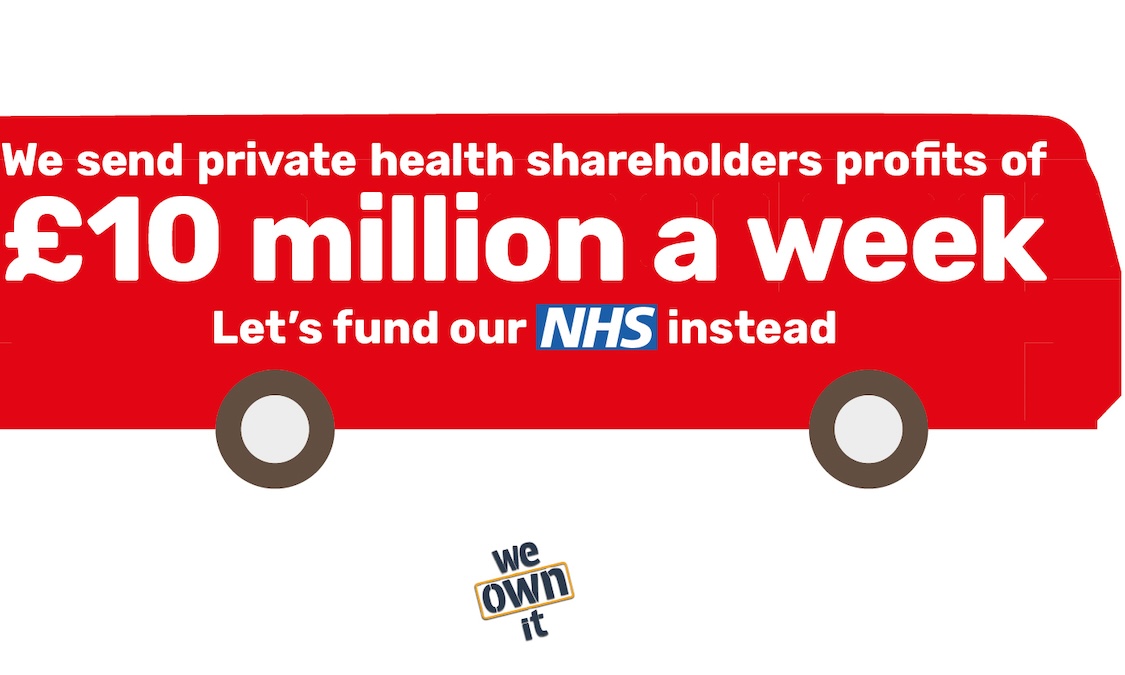Dr Ranjeet Brar, vascular surgeon and leading communist, speaks at the first public meeting of the Workers Party in Birmingham on 1 February.
With every ‘reorganisation’ in the health service, frontline chaos gets worse, he says. People who work on that front line are constantly frustrated by having to struggle against an oppressive managerial framework, battling the general funding shortfall in order to try to provide decent care.
Doctors live by the mantra of providing excellent care because they also are the beneficiaries of that care. The NHS is a system that means a tremendous amount to working people.
It’s not that long ago that many patients in our hospitals were old enough to remember the health service’s creation. They were humblingly grateful for the care they received from NHS doctors, who could do no wrong in their eyes, because they knew what it was like before we had the NHS; knew what it was like to rely on individual acts of charity for whatever scraps of care they could manage to get – or to see loved ones suffer and die for lack of such care.
The NHS was dragged from an unwilling ruling class, says Dr Ranjeet, which conceded it not out of kindheartedness or charity but because of the struggle of the workers, who were demanding better treatment for themselves and their children.
The British working class won the NHS as a result of its trade union strength; and as a result of its militance on returning from the front lines of WW2. Never again, said returning soldiers in 1945, would they fight for a system that would not take care of them, and their strength was such that they could declare that they had the right to live like human beings and the ruling class was forced to retreat.
This strength was backed up by the example of the socialist Soviet Union, which had been providing free healthcare, housing and education to all its workers, along with rising wages and full employment, for more than 20 years.
Turning to more recent history, Comrade Ranjeet points out the irony of Tory health minister Jeremy Hunt being such a hate figure during the junior doctors’ dispute of 2015-16. In fact, Hunt was not even in charge of the NHS at that point. And nor is current health minister Matt Hancock.
The NHS is now run by an unelected chief executive, Simon Stevens, whose history is unknown to most workers. In fact, he is a placeman for the massive health insurance industry.
He was a key advisor to Tony Blair when the Labour party in government was bankrupting our hospitals via the so-called private finance intiative (PFI) – an essential plank in Labour’s privatisation programme.
Now Stevens is back and his agenda is to continue and complete the privatisation of our health service.
Comrade Ranjeet finishes by introducing the main speaker of the session, Dr Bob Gill, whose speech will appear here shortly.
——————————
Editor’s note: Our party was a motive force in launching the Workers Party of Britain in December 2019, and communists were at the heart of its most vibrant campaigns. However, developments since that time have led our comrades to consider that the WPB has failed in its stated aim of becoming a truly broad movement within which communists could work openly, transforming itself into a left-social-democratic vehicle for bourgeois parliamentarism and anticommunism. We have therefore withdrawn our members’ efforts from the Workers party project. Our stance towards the Labour party in particular and social democracy in general remains unchanged.











